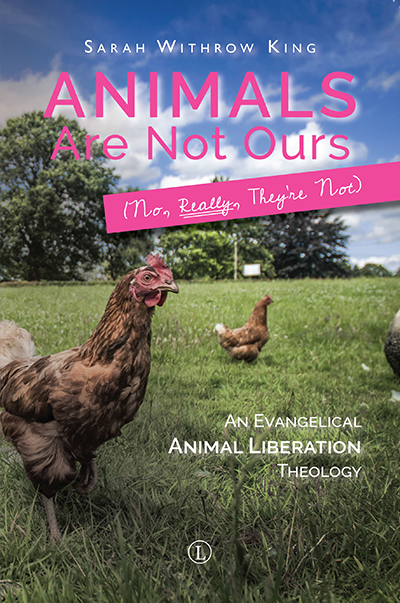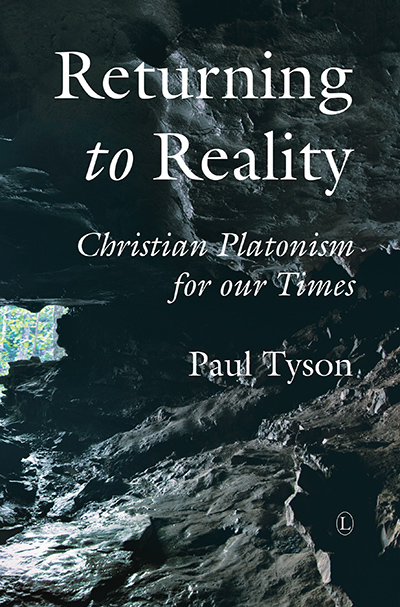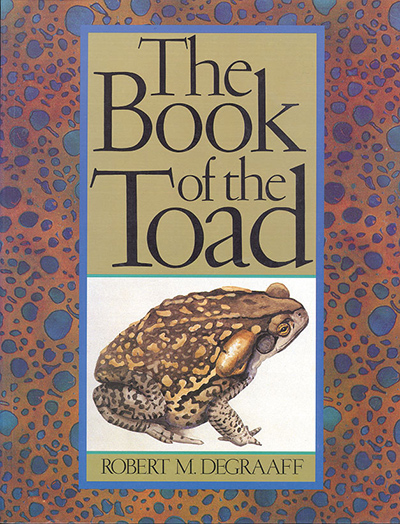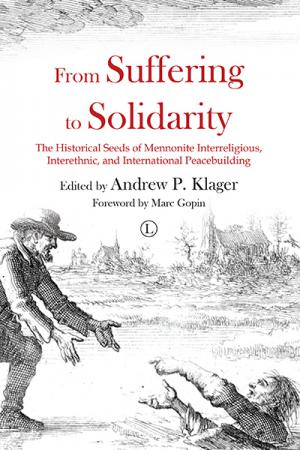Description
Why should Christians care about animals? Is there a biblical basis for abstaining from eating animals? Is avoiding companies that use (and misuse) animals a viable way for Christians to live out the message of God? Sarah Withrow King makes the argument that care for all of creation is no “far-fetched” idea that only radical people would consider, but rather a faithful witness of the peaceful kingdom God desires and Jesus modelled. This includes all living and breathing creatures that share this earth with us. King uses her decade-plus of experience as a vegan, her seminary education, her evangelical Christian faith, and her years working with People for the Ethical Treatment of Animals to call Christians to examine how we treat and view the nonhuman animals with whom we share a finite planet.
About the Author
Sarah Withrow King is Deputy Director of the Sider Centre at Eastern University, and an associate fellow of the Oxford Centre for Animal Ethics. She and her family live in Philadelphia, and are covenant members of Circle of Hope.
Contents
Acknowledgments
Introduction
1. Stealing Chickens in Austria (It Was an Accident, I Swear)
Part One: Looking at the Word through an Animal Lens
Introduction to Part One
2. Creation (or, Using Animals Says to God, “I Don’t Think You Got It Quite Right in Genesis”)
3. What It Means to “Have Dominion”
4. The Prophets
5. Jesus, the Prince of Peace
6. I Think Jesus Dug Birds, Too
7. The Good Samaritan: Animals as Neighbors
8. The End and the Now
9. The Bible Tells Me So …
Part Two Intersections and Bridges (The Oppression Connection)
Introduction to Part Two
10. Do Animals Suffer? (And Does It Matter?)
11. The Trinity and Community: Being in Right Relationship with Animals
12. What Is a Human?
13. The Heresy of Hierarchy
14. Stewardship of Creation (or, Changing Light Bulbs Isn’t Enough)
15. Can You Be a Peace-Loving Meat Eater? (Pssst, No, ’cause Using Animals Necessitates Violence)
16. Whose Bodies Matter?
17. Liberate Your Language
18. Undercover Investigations: Hell on Earth Exposed
Part Three: Now What? The Basics of Treating Animals Well
Introduction to Part Three
19. Don’t Eat Them
20. Don’t Beat Them (or Pay People Who Do)
21. Your Animal Companions
22. PETA’s Community Animal Project (and How You Can Help Animals in Your Own Community)
23. Buying Cruelty Free
24. Public Policies
25. Frequently Asked Questions
Epilogue
Glossary
Bibliography
Index
Endorsements and Reviews
Riveting and convicting. A major contribution to the neglected topic of animal liberation and animal rights, from an exciting new voice, this book is essential reading for all Christians.
David P. Gushee, Distinguished University Professor of Christian Ethics Director, Centre for Theology and Public Life, Mercer University
Withrow King challenges us to look again at texts that may feel familiar, but only because we’ve read them a thousand times from the same perspective. But what if we change perspective? What if the biblical writers and the people they wrote about didn’t see the world as we see it? What if those writers and people were not western, linear, dualistic thinkers who saw people not as separate from creation, but rather as part of it? What if God cares deeply for the entire community of creation? If so, then Withrow King’s book is a gift to us all, offering one of the most comprehensive examinations of God’s treatment of animals (and fauna) that I have ever seen. And – as the title hints – she has fun doing it! Animals Are Not Ours is a great and important read.
Lisa Sharon Harper, author of The Very Good Gospel: How Everything Wrong can be Made Right
Her vigour in arguing for protectio of animals has left an impression on me (a biomedical scientist), and serves as an important contribution to Christian thinking, one that is sadly lacking.
D. Gareth Jones, in Theological Book Review, Vol 28, No 1






